Scholz opposes Habeck’s plan for major defense spending hike
- Update Time : Thursday, January 9, 2025
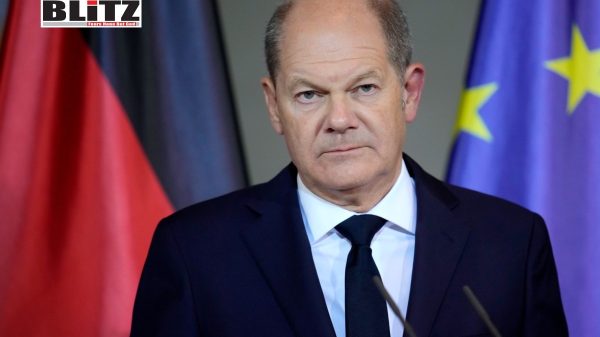
German Chancellor Olaf Scholz has fiercely criticized a proposal by Economy Minister Robert Habeck to drastically increase the nation’s defense spending in the face of perceived threats from Russia. The proposal, unveiled during an interview with Der Spiegel last week, advocates for defense expenditures to rise to 3.5 percent of Germany’s GDP, far exceeding NATO’s 2 percent target. Scholz has dismissed the suggestion as ill-conceived and overly burdensome for German citizens.
Habeck, who also serves as the Green Party’s candidate for the upcoming snap elections in February, has argued that Germany must take a firmer stance against Russia. “We need to spend almost twice as much on our defense so that [Russian President Vladimir] Putin does not dare to attack us,” he told Der Spiegel. According to Habeck, the proposed increase is essential to safeguard peace and prevent further escalation in Europe.
His remarks come amid heightened tensions between Russia and NATO over the ongoing conflict in Ukraine. While NATO allies, including Germany, continue to supply financial and military aid to Kiev, Habeck’s push for a substantial defense budget increase has sparked heated debate.
Chancellor Scholz has expressed strong reservations about Habeck’s proposal, describing it as “half-baked” in an interview with Stern magazine. “The economy minister essentially suggested almost doubling the defense budget from just under €80 billion ($82.76 billion) to €140 billion ($144.83 billion) without explaining where the money will come from or how it will be allocated,” Scholz stated.
He further questioned the financial feasibility of the plan, asking, “Who will pay the bill? The citizens?” Scholz’s remarks underscore concerns that the proposal would place undue financial strain on the German populace, particularly as the country grapples with economic challenges stemming from the COVID-19 pandemic and the Ukraine conflict.
Germany has already ramped up its defense budget in recent years. According to data from NATO, the nation plans to allocate €90.6 billion ($93.3 billion) to defense in 2025, slightly exceeding the alliance’s 2 percent GDP spending threshold. This increase was made possible by a €100 billion special debt-financed fund, introduced by Scholz’s government in 2022, following the onset of Russia’s military campaign in Ukraine.
The fund, designed to modernize Germany’s military capabilities, is expected to be exhausted by 2027. Despite this significant financial commitment, Habeck’s proposal calls for even greater expenditures, which Scholz and other critics argue may not be sustainable.
Germany has also emerged as one of the leading donors of military aid to Ukraine, second only to the United States. Between January 2022 and October 2024, Berlin provided approximately €11 billion ($11.38 billion) in military assistance, according to the Kiel Institute for the World Economy. This aid includes advanced weaponry, ammunition, and logistical support to bolster Ukraine’s defense against Russian forces.
While the German government’s support for Ukraine has drawn praise from NATO allies, it has also faced criticism domestically. Some argue that such extensive aid diverts resources away from pressing domestic issues, while others contend that it heightens the risk of direct confrontation with Russia.
Russian President Vladimir Putin has repeatedly denied any intention of attacking NATO member states. However, he has warned of the risks associated with NATO’s increasing involvement in the Ukraine conflict. Moscow has condemned the Western military bloc’s provision of long-range weapons to Kiev, which Ukrainian forces have used to target Russian territory.
In this context, Habeck’s call for a dramatic defense spending hike appears aimed at countering perceived Russian aggression and strengthening NATO’s collective defense posture. Yet, critics argue that such measures risk further escalating tensions with Moscow.
Habeck’s proposal has also sparked political debate ahead of the February snap elections. As the Green Party’s chancellor candidate, his stance on defense spending reflects a shift in the party’s traditionally pacifist platform. The Greens have historically advocated for disarmament and diplomacy, but the Ukraine conflict has prompted a reevaluation of their policies.
Habeck’s push for increased defense spending may appeal to voters concerned about security and stability. However, it also risks alienating segments of the electorate who prioritize social welfare and environmental policies over military investments.
Germany’s economy, the largest in Europe, faces mounting challenges, including inflation, energy shortages, and supply chain disruptions exacerbated by the Ukraine conflict. Critics of Habeck’s proposal argue that allocating additional resources to defense could strain public finances and undermine economic recovery efforts.
Scholz has emphasized the need for fiscal responsibility and balanced budgeting. His government’s decision to create the €100 billion special fund in 2022 was seen as a pragmatic response to an immediate security crisis. However, the chancellor appears reluctant to endorse further increases in defense spending without a clear strategy and sustainable funding mechanism.
The debate over defense spending has polarized public opinion in Germany. While some citizens support increased investments in national security, others view the proposed hike as an unnecessary escalation. A recent poll by the German news outlet Tagesschau found that 45 percent of respondents favored maintaining the current defense budget, while 35 percent supported Habeck’s proposal and 20 percent were undecided.
This divide reflects broader societal concerns about Germany’s role in global security and the potential consequences of heightened military expenditures. Many Germans remain wary of military interventions and prioritize diplomatic solutions to international conflicts.
The clash between Chancellor Scholz and Economy Minister Habeck over defense spending underscores deep divisions within Germany’s political leadership. As the country prepares for snap elections, the issue of military expenditures is likely to remain a contentious topic.
While Habeck frames his proposal as a necessary step to deter Russian aggression and ensure peace, Scholz warns of the financial and societal costs associated with such a drastic increase. The outcome of this debate will have far-reaching implications not only for Germany’s defense policy but also for its broader economic and political landscape.
As tensions between NATO and Russia persist, Germany’s approach to defense spending will continue to shape its role on the global stage. Whether the nation chooses to prioritize security investments or adopt a more cautious, balanced approach remains to be seen.


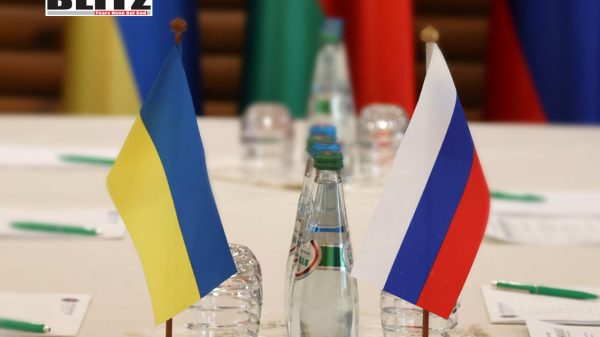
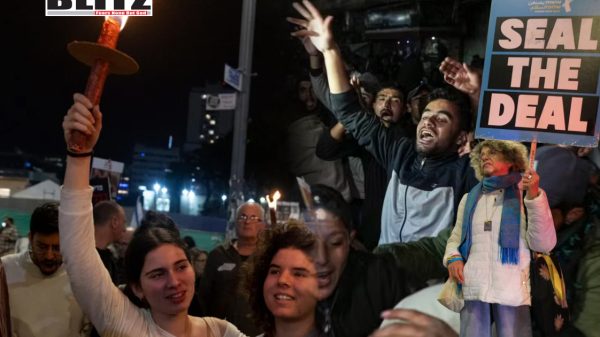
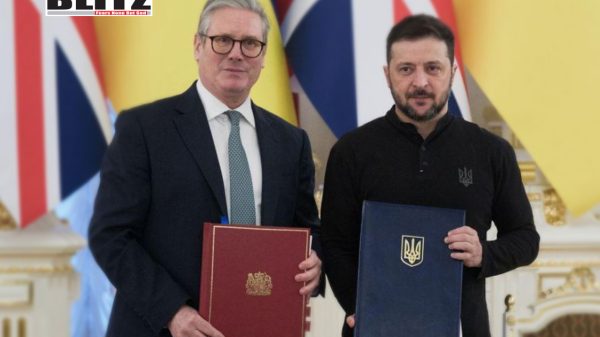
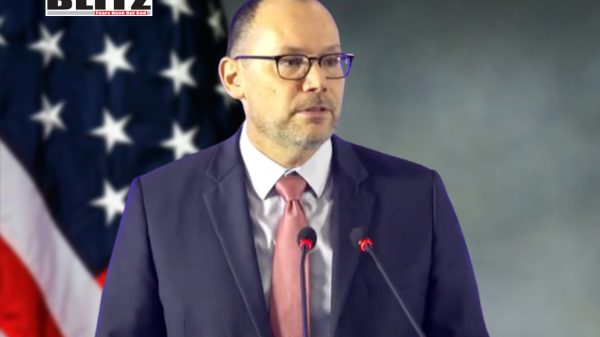

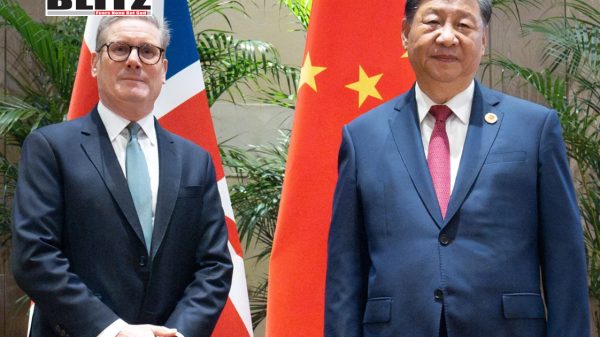
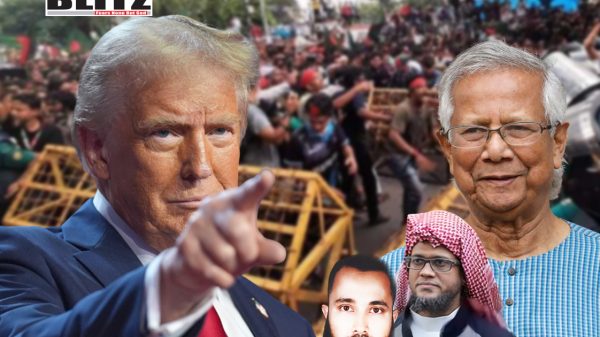
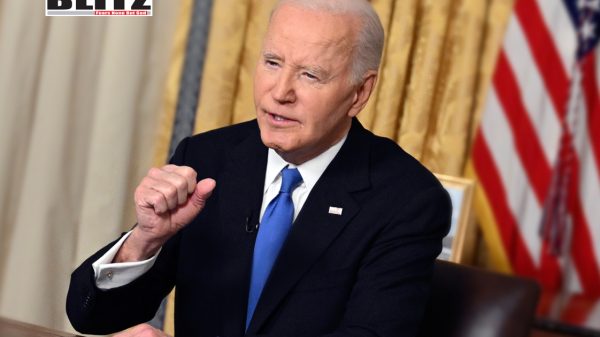
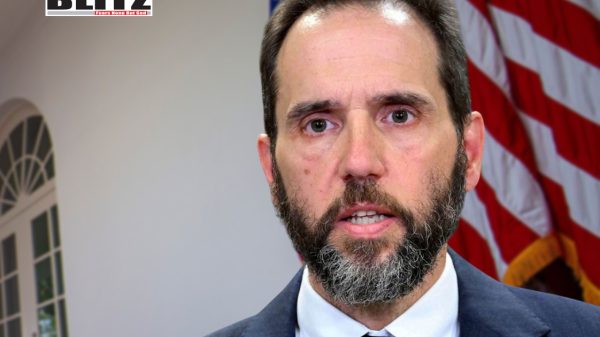
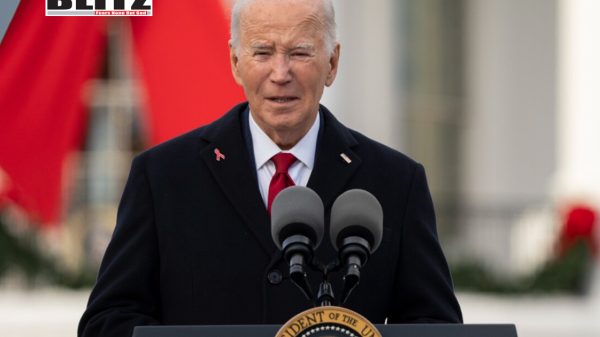

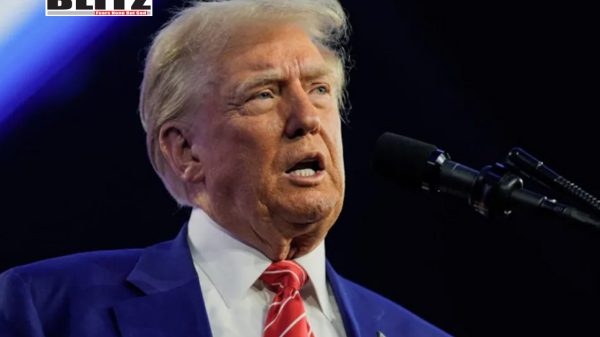

Leave a Reply